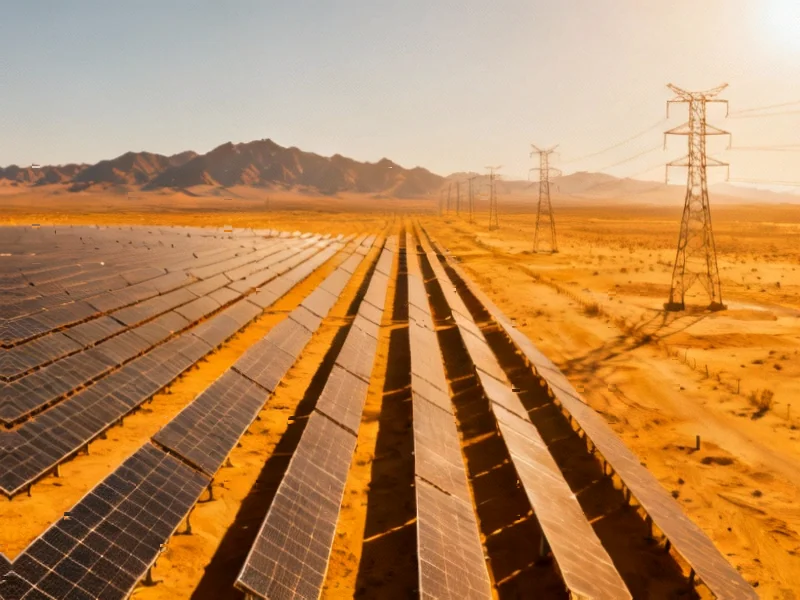A new artificial intelligence startup has secured $9 million in funding to address massive inefficiencies in critical Middle Eastern industries. The company targets sectors where mega-projects frequently run over budget and behind schedule.
Major Funding for Industrial AI Solutions
Artificial intelligence startup 1001 AI has reportedly secured $9 million in funding to develop AI infrastructure for critical industries across the Middle East and North Africa region, according to recent reports. The funding, announced in October, will enable the company to advance its mission of addressing significant inefficiencies in sectors including aviation, construction, and oil and gas.









